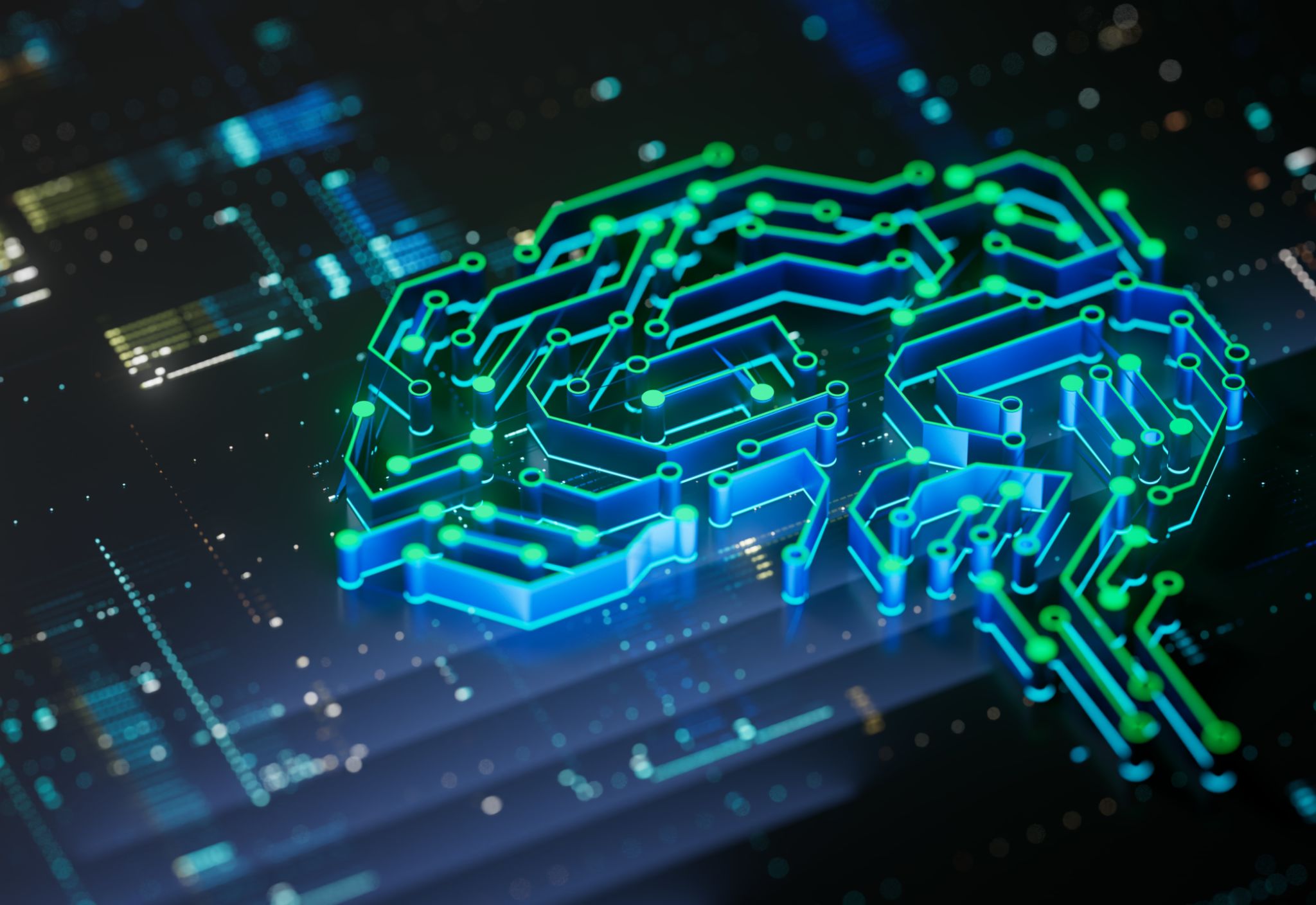Debunking Common Myths About the Latest Advancements in Artificial Intelligence
Understanding AI: Separating Fact from Fiction
The realm of Artificial Intelligence (AI) is evolving at a rapid pace, sparking both excitement and skepticism. While its potential is immense, a myriad of myths and misconceptions often cloud public understanding. It’s crucial to distinguish between what AI can truly do and what remains within the realm of science fiction.
One common myth is that AI will soon replace all human jobs. While AI is indeed transforming industries, it's not about wholesale replacement but rather augmentation. AI systems can handle repetitive tasks, allowing humans to focus on complex problem-solving and creative endeavors. In fact, many experts believe that AI will create more jobs than it eliminates by fostering new roles that didn't exist before.

The Reality of Machine Learning Capabilities
Another widespread misconception is that AI systems possess human-like intelligence. While technologies like machine learning have made impressive strides, AI still lacks the nuanced understanding and consciousness that characterize human intelligence. Current AI systems are designed to perform specific tasks and lack the general cognitive abilities found in humans.
Machine learning algorithms excel in pattern recognition and data analysis but require vast amounts of data to function effectively. These systems learn from existing data rather than thinking independently, meaning they are only as good as the information they're trained on.

The Limits of AI Decision-Making
Some believe that AI can make unbiased decisions, but this is another myth. AI systems can inadvertently perpetuate and even amplify existing biases present in their training data. It’s crucial for developers to carefully select and preprocess data to minimize bias and ensure fairness in AI-driven decisions.
Moreover, transparency in AI decision-making processes is vital. Understanding how an AI system reaches a particular conclusion or recommendation is essential for building trust and accountability, especially in sectors such as healthcare and finance.

AI and Creativity: The Human Touch
There's a notion that AI can create art and music indistinguishable from human-made pieces, threatening creative professions. While AI can indeed generate impressive artworks and compositions, it lacks the emotional depth and intentionality that humans bring to creative processes.
AI's role in creativity is more about collaboration than competition. It can serve as a tool for artists, musicians, and writers to explore new possibilities, offering inspiration and novel perspectives without replacing the unique touch of human creativity.

The Ethical Considerations of AI
Ethical concerns surrounding AI often spark debate. Issues like privacy, surveillance, and the ethical use of autonomous systems are at the forefront of discussions. It’s imperative for governments, organizations, and technologists to establish robust ethical frameworks and regulations to guide the development and deployment of AI technologies.
Ultimately, addressing these ethical questions requires a collaborative effort across disciplines, ensuring that AI advancements benefit society as a whole while minimizing potential risks.

The Future of AI: A Balanced Perspective
AI holds tremendous promise for transforming industries, improving efficiencies, and enhancing our quality of life. However, it’s important to approach these advancements with a balanced perspective, acknowledging both the potential benefits and limitations.
Rather than fearing AI as a threat, society should embrace it as a powerful tool that, when guided responsibly, can drive innovation and progress. By debunking myths and fostering informed discussions, we can better prepare for an AI-driven future that enhances human capabilities while addressing societal challenges.
